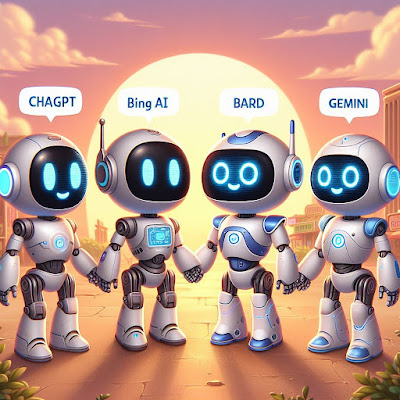"Embracing the Technological Revolution: Unveiling the Top 10 Tech Trends Shaping the Next Decade" 🚀💻🌐
The pace of technological progress has been brisk in recent years, and it's only set to accelerate in the coming decade. McKinsey & Company predicts that we'll experience more technological progress in the next 10 years than we did in the preceding 100 years put together. In this blog post, we'll explore the top 10 tech trends that will shape the coming decade.
1. Process Automation and Virtualization 🤖💻
Around half of all existing work activities could be automated in the next few decades, as next-level process automation and virtualization become more commonplace. By 2025, more than 50 billion devices will be connected to the Industrial Internet of Things (IIoT), generating around 79.4 zettabytes of data per year.
2. The Future of Connectivity 📡💡
Faster digital connections, powered by 5G and the IoT, have the potential to unlock economic activity. Implementing faster connections in mobility, healthcare, manufacturing, and retail could increase global GDP by $1.2 trillion to $2 trillion by 2030¹.
3. Distributed Infrastructure☁️🌐
Distributed infrastructure, such as edge computing and cloud computing, will become increasingly important as the volume of data generated by the IIoT continues to grow. By 2025, the global edge computing market is expected to reach $6.72 billion¹.
4. Next-Generation Computing 💽🚀
Next-generation computing technologies, such as quantum computing and neuromorphic computing, will enable us to solve problems that are currently beyond the capabilities of classical computing. By 2030, the quantum computing market is expected to reach $2.2 billion¹.
5. Applied Artificial Intelligence (AI)🧠🤖
AI is rapidly evolving and has the potential to revolutionize many industries. Applied AI, which involves using AI to solve specific business problems, is expected to be a key driver of growth in the coming decade¹.
6. Future of Programming 🖥️🚀
The future of programming will be shaped by new programming languages and tools that make it easier to develop software. Low-code and no-code platforms, for example, will enable non-technical users to create applications without writing any code¹.
7. Trust Architecture 🔐🏛️
As the volume of data generated by the IIoT continues to grow, trust architecture will become increasingly important. Trust architecture involves building systems that are secure, reliable, and transparent¹.
8. Bio Revolution 🧬🌱
The bio revolution involves using biotechnology to solve problems in fields such as healthcare, agriculture, and energy. By 2030, the global bio-based economy is expected to be worth $4.5 trillion¹.
9. Future of Mobility🚗⚡
The future of mobility will be shaped by new technologies such as autonomous vehicles and electric vehicles. By 2030, electric vehicles are expected to account for 35% of new vehicle sales¹.
10. Future of Work 🤖💼
The future of work will be shaped by new technologies such as AI and automation. While these technologies have the potential to create new jobs, they will also require workers to develop new skills and adapt to new ways of working¹.
Conclusion 🌐🚀
The next decade is set to be an exciting time for technology, with rapid progress in areas such as AI, quantum computing, and the IIoT. By staying up-to-date with the latest trends and developments, businesses and individuals can position themselves to take advantage of the opportunities that arise.




Comments
Post a Comment